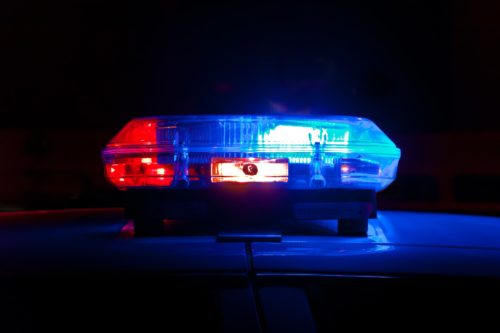
Upon being pulled over on suspicion of driving under the influence (DUI), a law enforcement officer might have you submit to a breathalyzer test. In addition, an officer may conduct field sobriety tests to further confirm their suspicion that you are impaired by an illegal amount of drugs or alcohol in your system. However, it is rather common for mistakes to be made during these tests, making the results unclear and inaccurate. Continue reading to learn the errors commonly made by arresting officers during field sobriety tests and how an experienced Morristown DUI defense lawyer at Graves Andrews, LLC can help you use this to strengthen your defense.
What are common errors made by arresting officers during field sobriety tests?
An arresting officer may deter from the standards of a field sobriety test more easily than you may initially realize. For example, one of the main field sobriety tests conducted at the time of a stop is the walk-and-turn test. A common mistake made with this test is that an arresting officer may not clearly state the instructions beforehand (i.e., exactly how many steps to take, exactly which foot to pivot on, etc). With this, a driver may perform the required actions incorrectly, despite their best efforts. The same applies if a driver possesses certain physical (i.e., joint injuries) or mental impairments (i.e., learning disabilities).
Another example can be seen with the one-leg stand test. It may be argued that this test is innately inaccurate, as many sober drivers may have difficulty maintaining their balance, as well. However, an arresting officer’s judgment call may be further erroneous if they asked the driver to take this action on snow-covered, ice-covered, or sloped ground. The same applies if the driver was wearing shoes that are hard to balance with (i.e., high heels) or if certain weather conditions (i.e., windiness) added complications.
How can I use these errors to defend against my DUI charge?
A possible defense strategy you can adopt in your criminal court proceedings is challenging the evidence presented by the prosecution. Namely, you may challenge the accuracy, along with the ethicality, of the field sobriety tests conducted by the arresting officer at the time of your stop. Luckily, your argument may be strengthened by the footage captured on the arresting officer’s body camera. Ultimately, pointing to these overt errors may lead to such evidence becoming inadmissible.
And as you may likely already know, the prosecution is responsible for presenting a sufficient amount of evidence that proves your guilt. However, if you can minimize the amount of evidence they are allowed to file, then you may make their job almost impossible to accomplish. Overall, with the complex legal proceedings ahead, you should not go through it alone. Rather, you should have a skilled Morristown criminal defense lawyer from Graves Andrews, LLC stand by your side throughout. Contact our firm today.